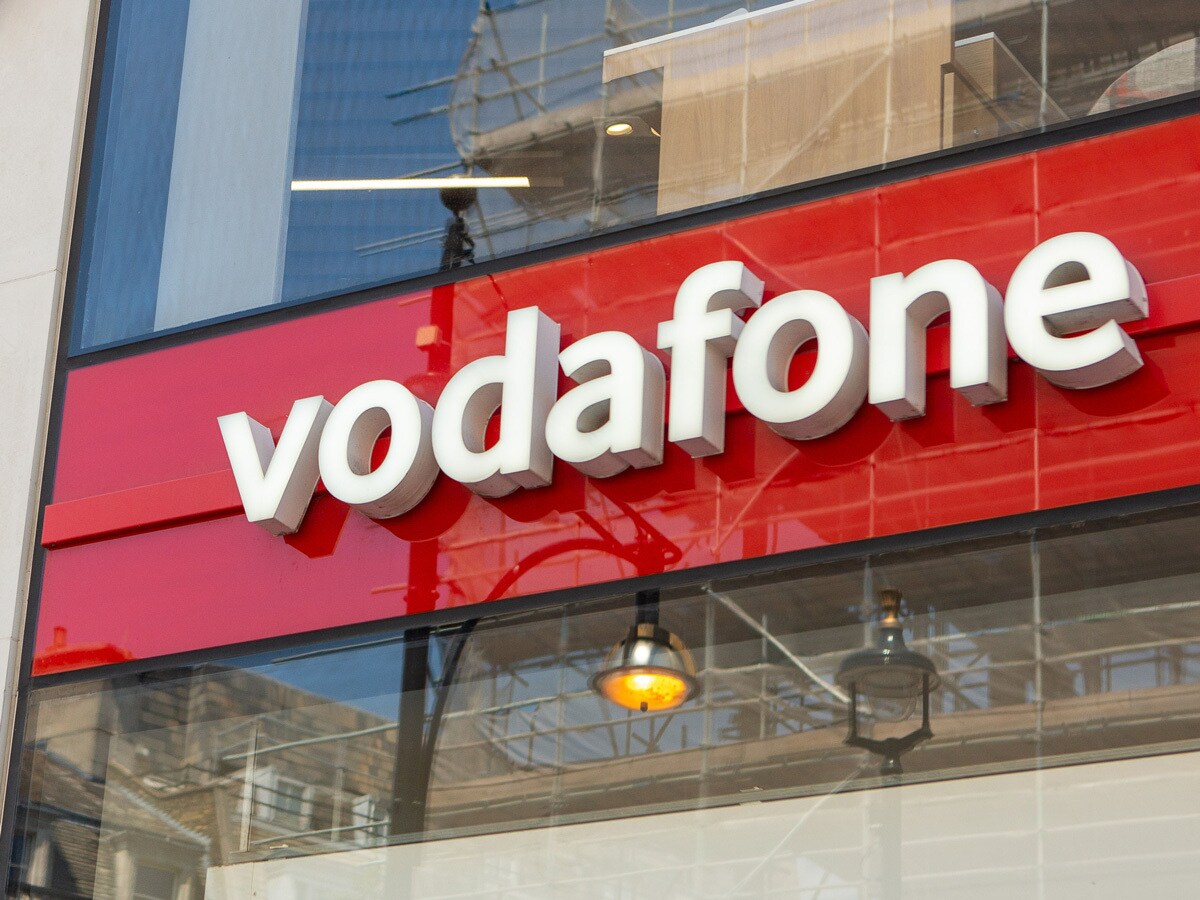Vodafone’s share price fell to a 52-week low last week, amid reports of the company’s research into quantum technology to help prevent cyberattacks. Vodafone has also partnered with IBM to explore how quantum computing could improve telecommunications, and warned that if its merger with Three fails to go through, it could impact its ability to meet government targets.
- Joint venture sees company explore quantum tech opportunities and threats.
- Three merger key for Vodafone’s 5G investment.
- Vodafone’s share price is down 15% year-to-date and 44% over the past 12 months.
Vodafone’s [VOD] share price eked out a 2.11% gain last week, closing last Friday at 72.20p, but not before falling to a 52-week low at 69.73p on Tuesday 11 July.
The Vodafone share price has largely been on a downward trajectory over the last few years, plunging 68% since January 2018. Over the previous 12 months, the stock has sunk 57%, and year-to-date, the shares are down by 15%.
Long-time investors will no doubt be wondering when a turnaround begins, and fresh reports of the company’s research into and preparation for potential quantum cyberattacks could offer some reassurance. Vodafone struck up a partnership with IBM [IBM] last year to explore how quantum computing could improve telecommunications, with a focus on encryption and cybersecurity.
Meanwhile, the British multinational telecommunications giant has sounded a warning over potential cuts to its 5G investments, should its proposed merger with CK Hutchison's [0001.HK] Three mobile network be blocked.
Vodafone prepares for quantum cyberattacks on smartphones
Vodadone has announced a partnership with US startup and former Alphabet [GOOGL] firm SandboxAQ, to help protect its customers against the threat of smartphone cyberattacks with quantum computing. The companies will use cryptography algorithms from the US National Institute of Standards and Technology, and carry out proof-of-concept testing for a quantum-safe virtual private network.
Quantum computing could have the ability to crack today’s cryptography protocols, and could be used by criminal gangs to hack into previously safe systems, through smartphone networks. This explains why Vodafone cybersecurity director, Emma Smith, says the company is “playing an active role in the transition to a quantum safe world … to provide protection for our customers against possible quantum-empowered attackers in the future.”
Vodafone’s head of research and development, Luke Ibbetson, says that, “although cryptographically relevant quantum computers may remain some years off, the threat posed by quantum-empowered attackers is already here today”.
Vodafone explores quantum computing capabilities in IBM tie-up
Vodafone partnered with IBM last November to boost its own expertise in quantum computing and its use in telecommunications. The deal has given Vodafone access to IBM’s Quantum Safe cryptography technology, allowing the mobile operator to explore how the technology could be used on its networks.
There’s clearly significant potential in the technology for its customers and the company, and investors will hope the Vodafone share price also reaps the benefits. Ibbetson says “quantum technology has the potential to provide incredible network optimisation … allowing us to save energy, reduce costs and give customers great connectivity in more places”.
Security is at the forefront, and the deal means the company’s “infrastructure and customer data will also always be secure as we explore the benefits of quantum computing”, says Ibbetson.
CMA approval key to 5G investment
Vodafone UK CEO Ahmed Essam has told regulators that its merger with Three is critical for achieving the UK government’s digital infrastructure rollout targets. Essamhas told The Times that the deal‘s approval by the Competition and Markets Authority (CMA) is key in enabling the company to “deliver the 5G ambition that’s coming in the wireless infrastructure strategy from the government”. The government’s target is to provide national coverage of 5G to all populated areas within the next seven years.
Vodafone and Three have agreed to a £15bn merger, which would make it the largest UK mobile operator, with the newly combined entity 51%-owned by Vodafone and Three UK’s parent company, CK Hutchison, having 49%. Subject to CMA approval, the transaction should complete by the end of 2024, and would give the combined company greater scale and cut costs, as well as reduce the intensity of the competition — the two companies are currently the third and fourth biggest in the space. These potential advantages suggest Vodafone’s share price prospects would brighten if the deal is successfully completed.
What’s next for the Vodafone share price?
The 16 analysts polled by the Financial Times offering 12-month price targets for Vodafone have a median target of 102.94p, with a high estimate of 154.41p and a low estimate of 68.63p. The median estimate represents a healthy potential upside of 42.58% compared with last week’s close of 72.20p.
While analysts’ recommendations on the stock are split, they lean to the positive side, with a consensus ‘hold’. In all, two analysts have a ‘buy’ recommendation, with five Outperform, and 11 ‘hold’ ratings, according to the Financial Times. Two analysts rate the shares as ‘underperform’, and one recommends a ‘sell’.
Continue reading for FREE
- Includes free newsletter updates, unsubscribe anytime. Privacy policy





